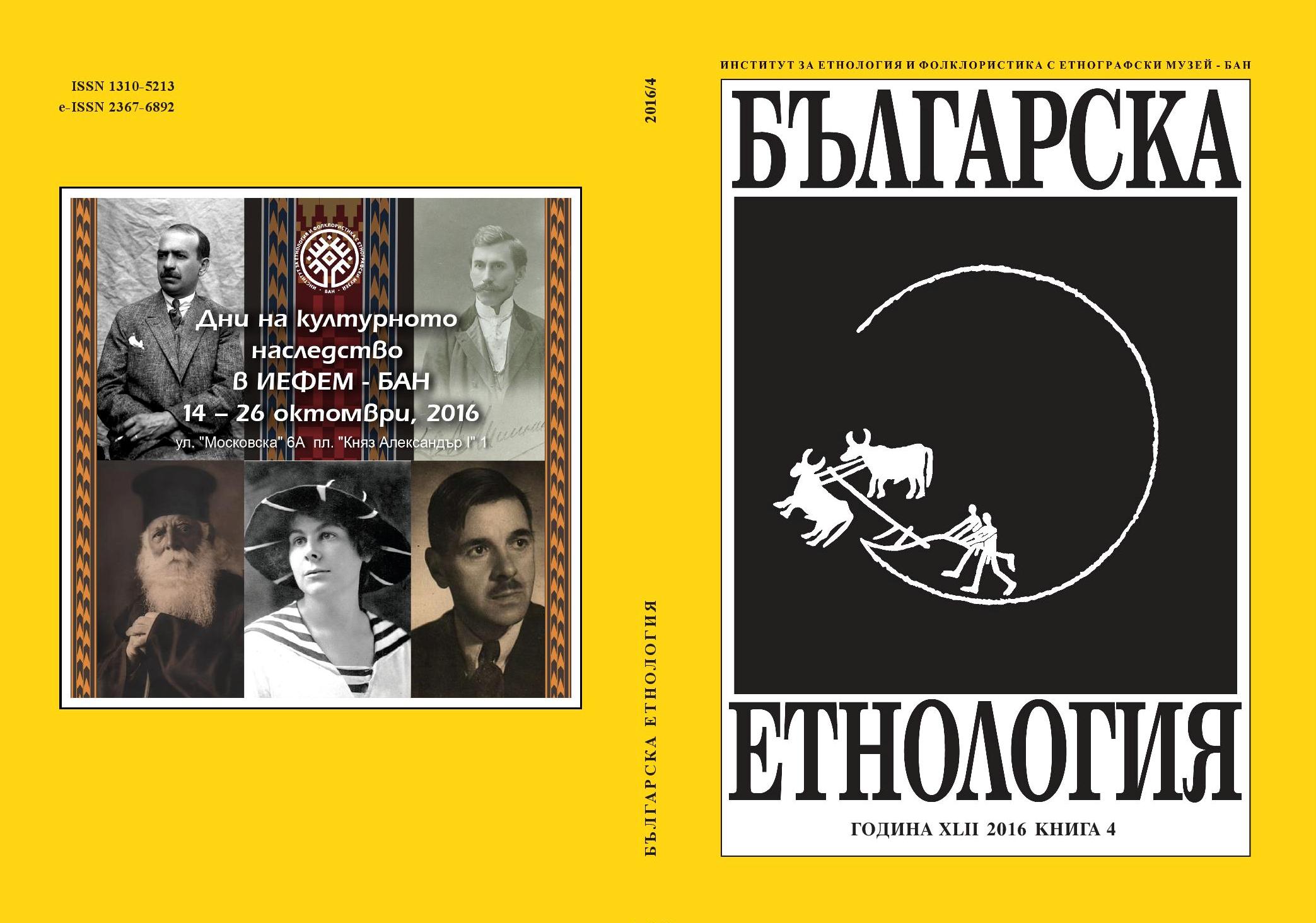
We kindly inform you that, as long as the subject affiliation of our 300.000+ articles is in progress, you might get unsufficient or no results on your third level or second level search. In this case, please broaden your search criteria.

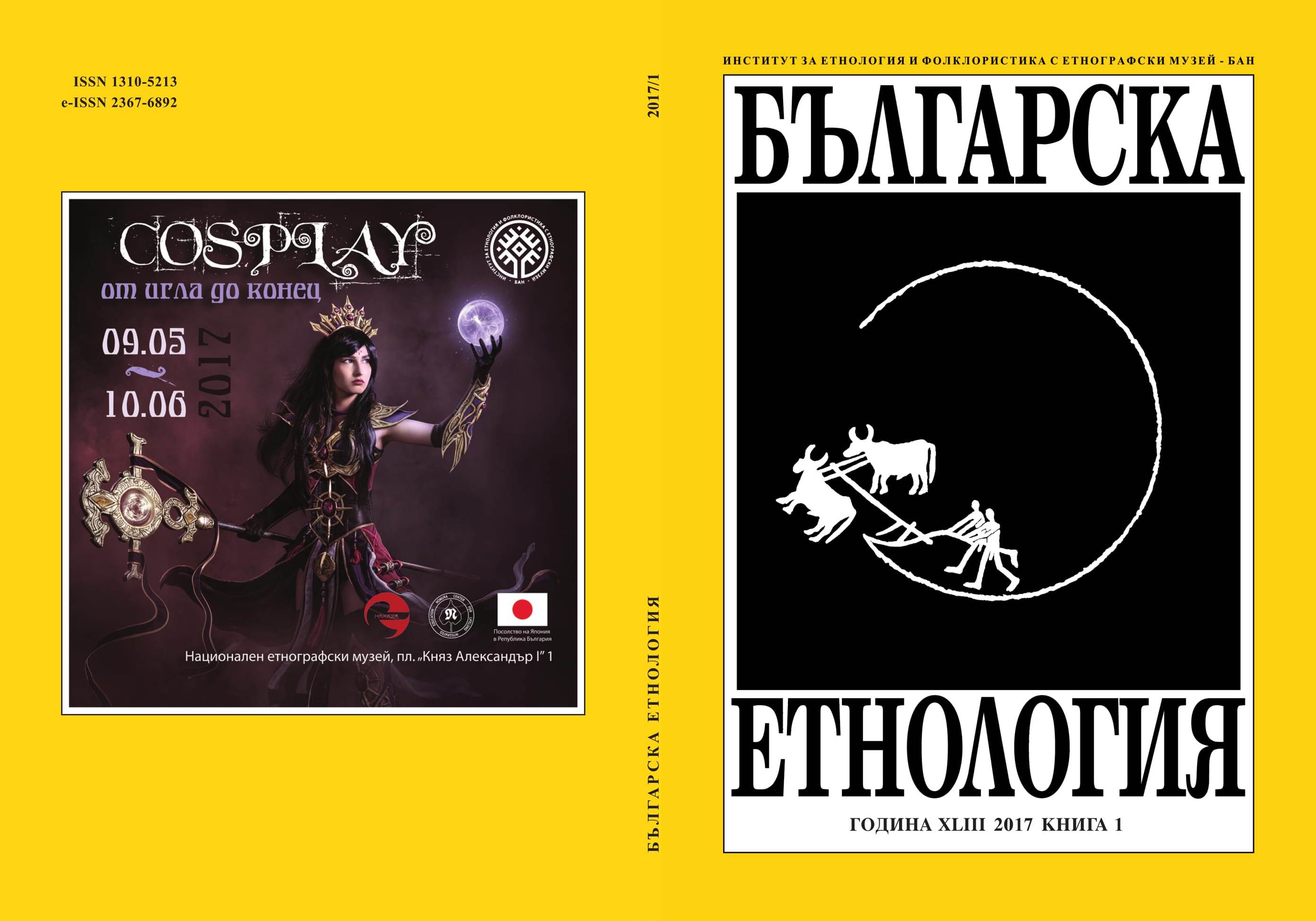
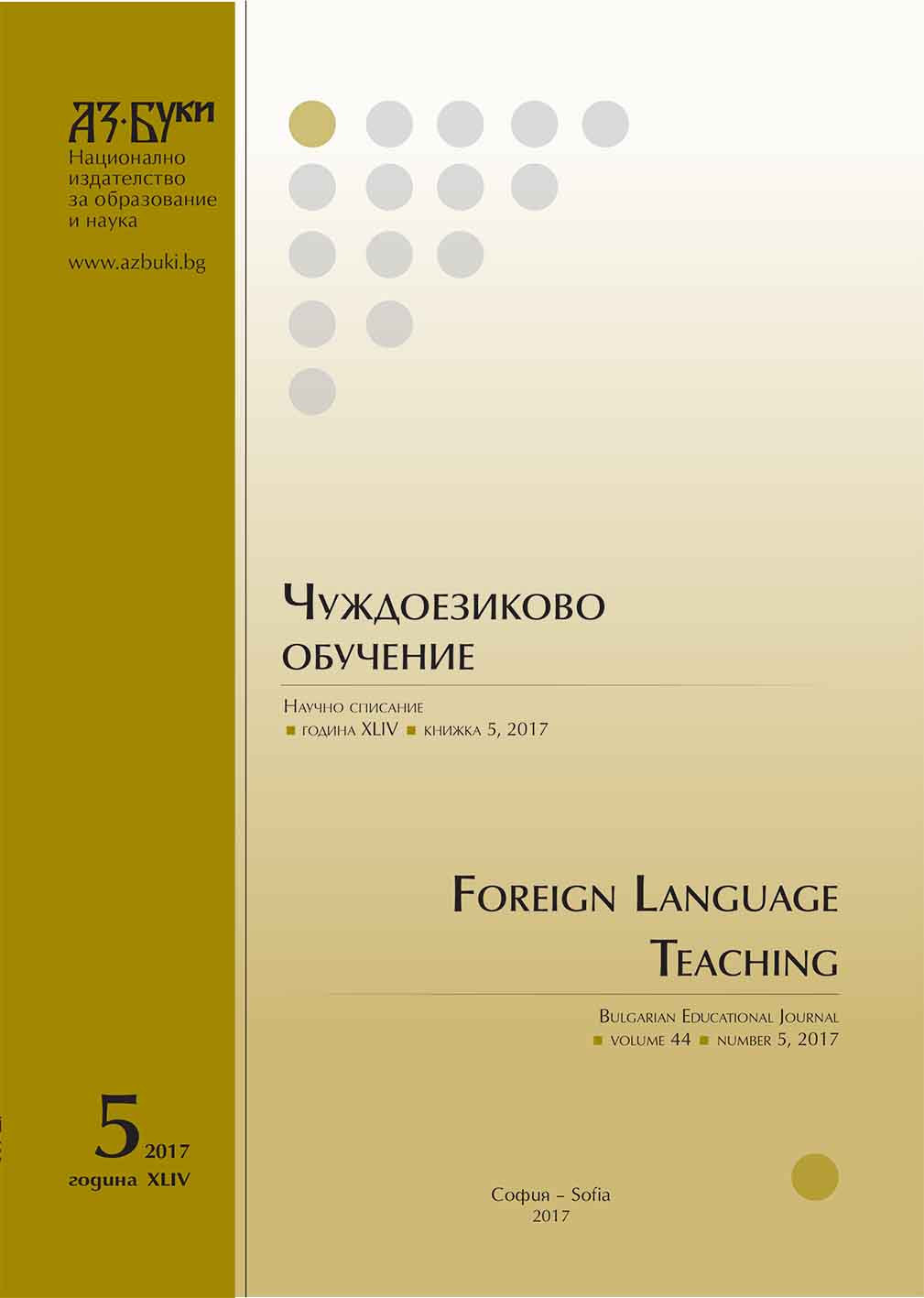
Conversation analysis is an interdisciplinary research programme assuming an innovative theoretical approach and unique methodology. The present article follows its origin in sociology in the 60’s and 70’s of the 20th century, its conceptual grounds and the factors of its formation and consequent development, its gradual and difficult confirmation and its broad application in the close humanities and even in natural sciences. This review outlines the points of contact between conversation analysis and its direct predecessor, ethnomethodology, situates conversation analysis in the field of discourse analysis and mentions its contribution to foreign language teaching.
More...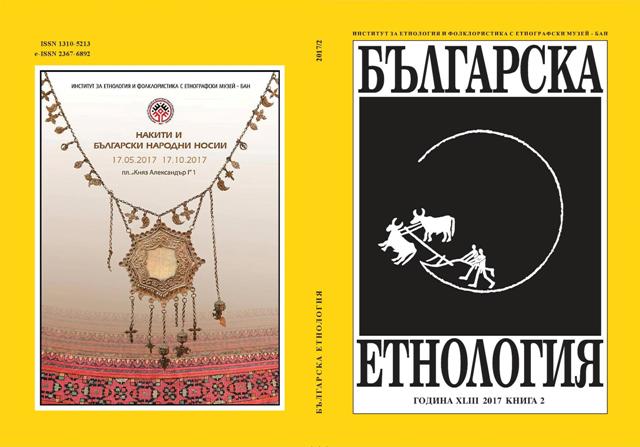
In the last years, the “Roma topic” attracts an increasing interest and takes a fopemost place in the public sphere of united Europe; hence, the Roma policies become a significant challenge on national and European level. Before analyzing the contemporary political discourses about the integration and the social inclusion of Roma, however, it is obligatory to know very well the previously existing state policies toward the Gypsies from the time of their arrival in Europe in the Middle Ages until today. Since a great number of the Roma population continues to live in the countries of Eastern Europe, the policies of the states which formed the “socialist camp” after World War II are very important. The analysis of the existing main political discourses about the Gypsies/Roma (and mostly of their results) should be the basis for the analysis of the contemporary national and European discourses about the Roma policies. Based on this, the achievements and the failures of those policies may find explanation and some prognoses about their results (or the lack of such) could be made.
More...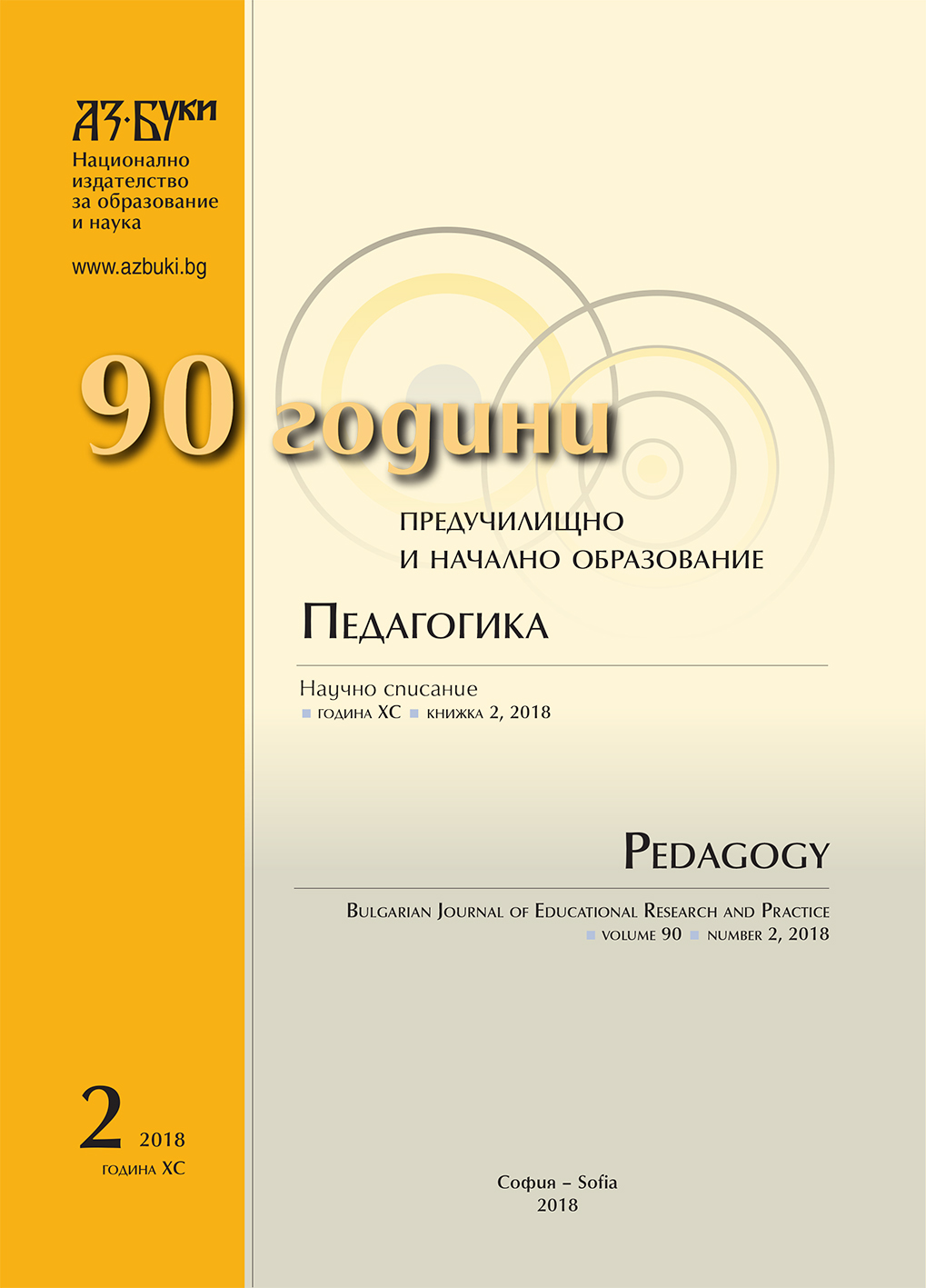
This article deals with the issues directly or indirectly connected to educating a child in a modern family. Some ethical issues are being discussed related to widely applied activities within the public space such as ones in the social media, intervention in fertility health treatments, pedagogical practices in nurseries and kindergartens accompanied by the author’s comments altogether with their long-term consequences on the most important individual amongst them – the child.
More...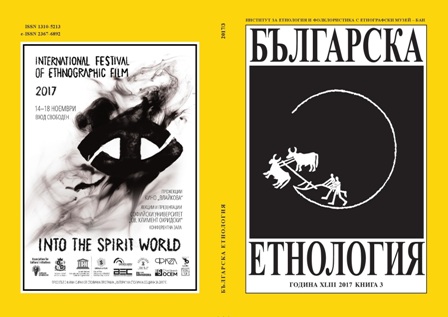
This article is part of ethnological research on the role and function of the public baths in the urban space. It was held in 2017 in the Gorna Banya district in Sofia. In this publication the public baths are seen as one of the markers that construct local identity. In the beginning of the 20th century, the old Ottoman baths were destroyed and new ones were built, which have been preserved to present day in the centre of Gorna banya. The baths are part of the everyday life of the local people. They use their resources for drinking, cooking, washing, but also for trade and medicinal purposes. Furthermore, they continue to observe some traditional family and calendar customs around the public baths.Although the doors of the baths are closed, the square in front of them continues to play a central role in public life. This is evidenced, on the one hand, by the annual celebrations, and on the other hand, by the ordinary people who organize gatherings in front of the public baths via Facebook. The public baths continue to be a central place around which life in the neighbouhood is organized. The local authorities are looking for different ways to fund the restoration of the old building.
More...
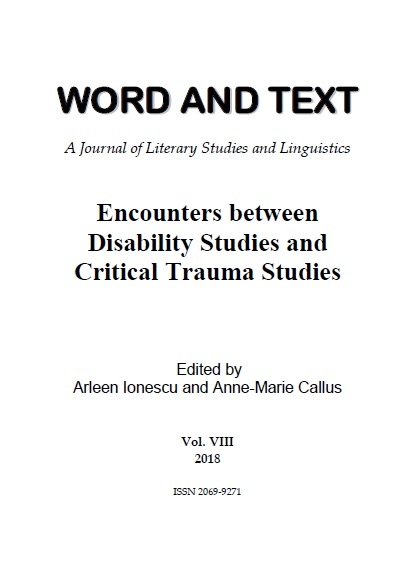
This article addresses disability in a Middle Eastern context. It interrogates disability and identity from a Bedouin perspective. The author relays her experiences with a physical disability and society’s stigmatization of different bodies. More often than not, this usually creates psychological traumas and a complex terrain of emotional tensions when dealing with society’s oppression of individuals with disability. The author engages with a discursive discussion of the struggles of navigating spaces of shame, the traumas of stigma, and ultimately healing in finding a voice that is separate from the collective.
More...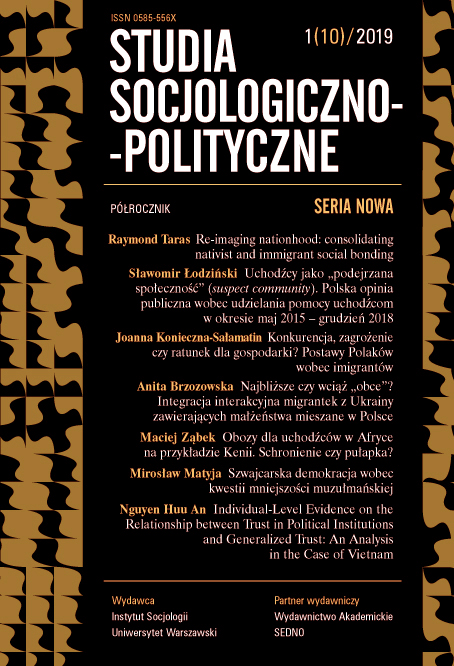
States are today defined less by the nation(s) in them and more by nationhood – a term that subsumes complex and diverse societies characteristic of an age of global migration. Nationhood involves a process in which otherwise different people share some combination of a language, set of values, faith, culture, identity and ideals. When managed successfully, immigration offers an opportunity to give a state the opportunity to expand the nation beyond utilitarian considerations such as labour needs and demographic decline. It begins with immigrant inclusion in the receiving society and the social cohesion that follows. Failed social integration policy results in unachieved, fragmented nationhood leading to different social pathologies. Derived largely from the French Republican tradition, nationhood emphasizes social bonding of a cross-cultural kind. Eurocentric bias focusing primarily on the origins of the nation is examined, non-Western critiques are assayed, and nation branding as a substitute for nationhood is questioned. When nationhood allows locals and immigrants to develop partnership, it is on the basis of an equilibrium established between minority and majority rights regimes.
More...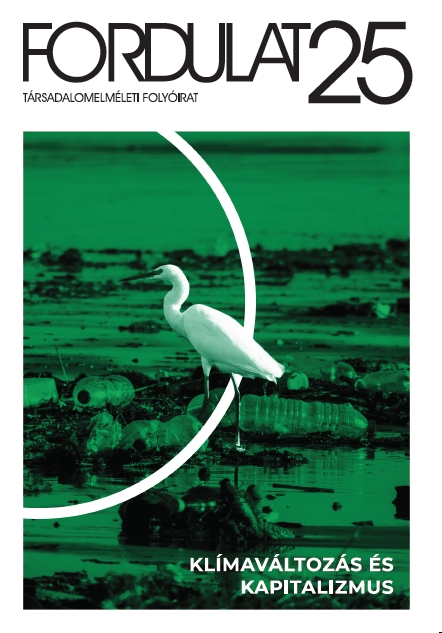
The goal of this essay is to reevaluate state socialism’s environmental record. Zsuzsa Gille argues that state socialist modernity had its own view of nature and materials, as well as a largely misunderstood ethical stance to consumption that is ignored in today’s studies of capitalocene examining the interrelations of capitalism and climate crisis. This article provides a view not so much of the environmental advantages and disadvantages of central planning or “backwardness,” but rather demonstrate a unique economic logic that arguably carried some potential for a greener postsocialism. Instead of returning to the rightfully criticized Anthropocene term, however, Zsuzsa Gille argues for a more central role for waste and materiality in our understanding of the current dilemmas around global environmental problems.
More...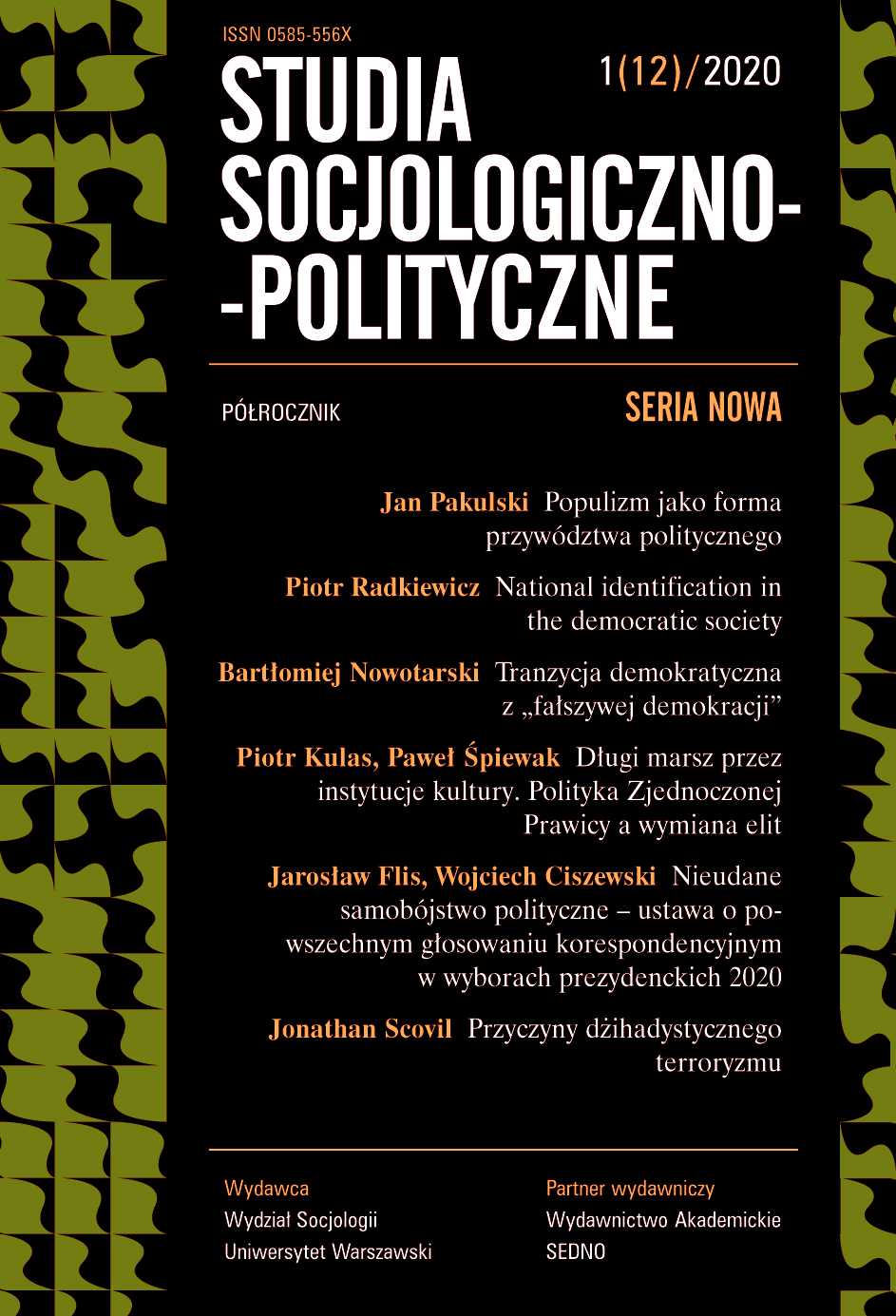
As some researchers note, national identity is probably the only form of identity forwhich people are ready to give their own lives. Deprived of the experience of personalcontact, the strong sense of belonging to the national group must consist of imagining oneself as entwined with crowds of anonymous compatriots in an invisible, butrealistically experienced bond. Though, the concepts of national identity and national identification are often treated interchangeably. they are not equivalent. Group identitymeans the fact of belonging to a specific group, combined with having its cognitive representation. Identification refers to the individual-group personal relationship, and describes the strength of the emotional bond felt with other members and the importance of a given group identity. This paper presents psychological origins of national identification, linking them to the deepest and most basic epistemic, motivational and existential human needs. Awareness of identification with the national group determines the whole range of psychological phenomena from various levels of analysis. From relatively simple manifestations of affect to complex ideological orientations – they all have specific relationships with how people understand democracy and what type of democracy they prefer. The empirical evidence cited in this text proves that the strengthening of the liberal democracy and its cultural values is accompanied by the devaluation of national/patriotic identification in the utilitarian (as a socially dysfunctional phenomenon) as well as in moral sense (as a source of hostility and intolerance). However, other empirical results show national identification as a necessary component of social bonds, and a basis of social mobilization around important collective goals.
More...
This text aims to analyse the project of elite change implemented by the United Right in Poland in the field of cultural production. The authors argue that culture is recognized by right-wing politicians and intellectuals as a particularly important way of legitimizing its domination also in other fields. The special role of culture can be interpreted by the nature of the public sphere in Poland and the importance of the intelligentsia, who converted cultural capital into other types of capital (the political, the social, and especially the symbolic capital). The authors argue that the replacement of cultural elites serves the revision of history and assertion of power. Although, the elite change project is conducted not only within the cultural field, however, the latter is seen as a particularly important for the right-wing intelligentsia. We argue, that this exchange is based on the long-formulated announcements and is justified by the right-wing intellectuals and politicians who argue for a traditional, Polish model of culture. However, it also conceals political goals. The main goals of the replacement are to change the old elites with people favouring new order and, in the long run, to form right-wing elites, who, referring to the one-dimensional model of culture, will play a hegemonic role in the social life.
More...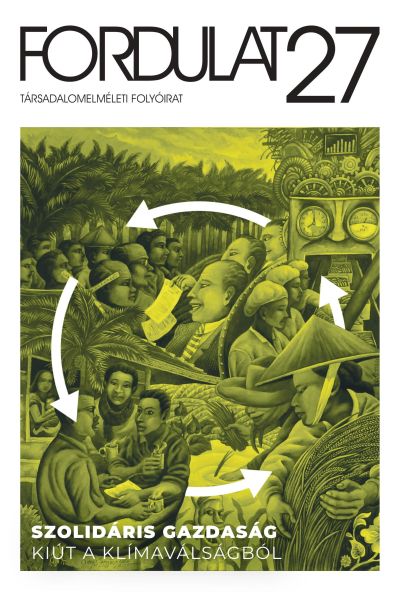
There were several attempts on workers’ self-management throughout the 20th century in Hungary: multiple factories were occupied by workers during the end of the 1st and 2nd World Wars, the revolution of 1956 and the regime change of 1989. Erzsébet Szalai, Tamás Krausz and Eszter Bartha are experts on this topic. In this interview they walk us through the various attempts on workers’ self-management and talk about the difficulties and dilemmas of movements that try to seize the means of production.
More...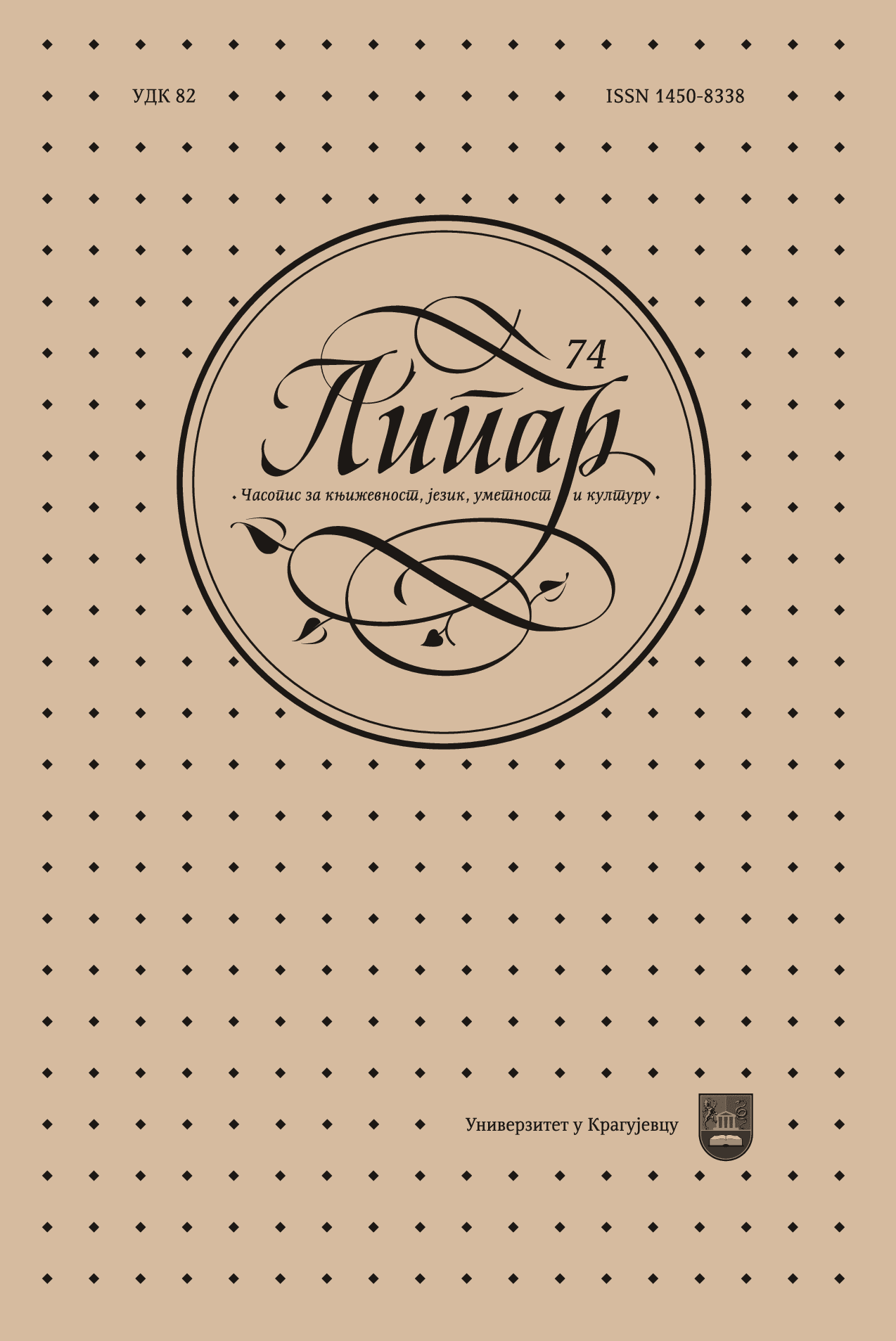
This paper will examine the concept of motherhood in the light of black feminism in Toni Morrison’s novel Beloved. Morrison, one of the most prominent writers of the 20th century, is trying to present the development of the African- American community and the institution of motherhood in a society characterized by meaningless divisions between race, class and gender. Slavery problematizes the concept of motherhood which represents a connection of conflicting views shaped by different attitudes towards race, gender and class. Therefore, Morrison uses the suppressed voices of African-American mothers to address the problematic concept of motherhood in slavery. The paper explores the complexity of slavery and its influence on motherhood, the powerful ideology through which the Afro-American tradition is transferred, and it also outlines motherhood as a dominant motif that connects the female characters in Beloved.
More...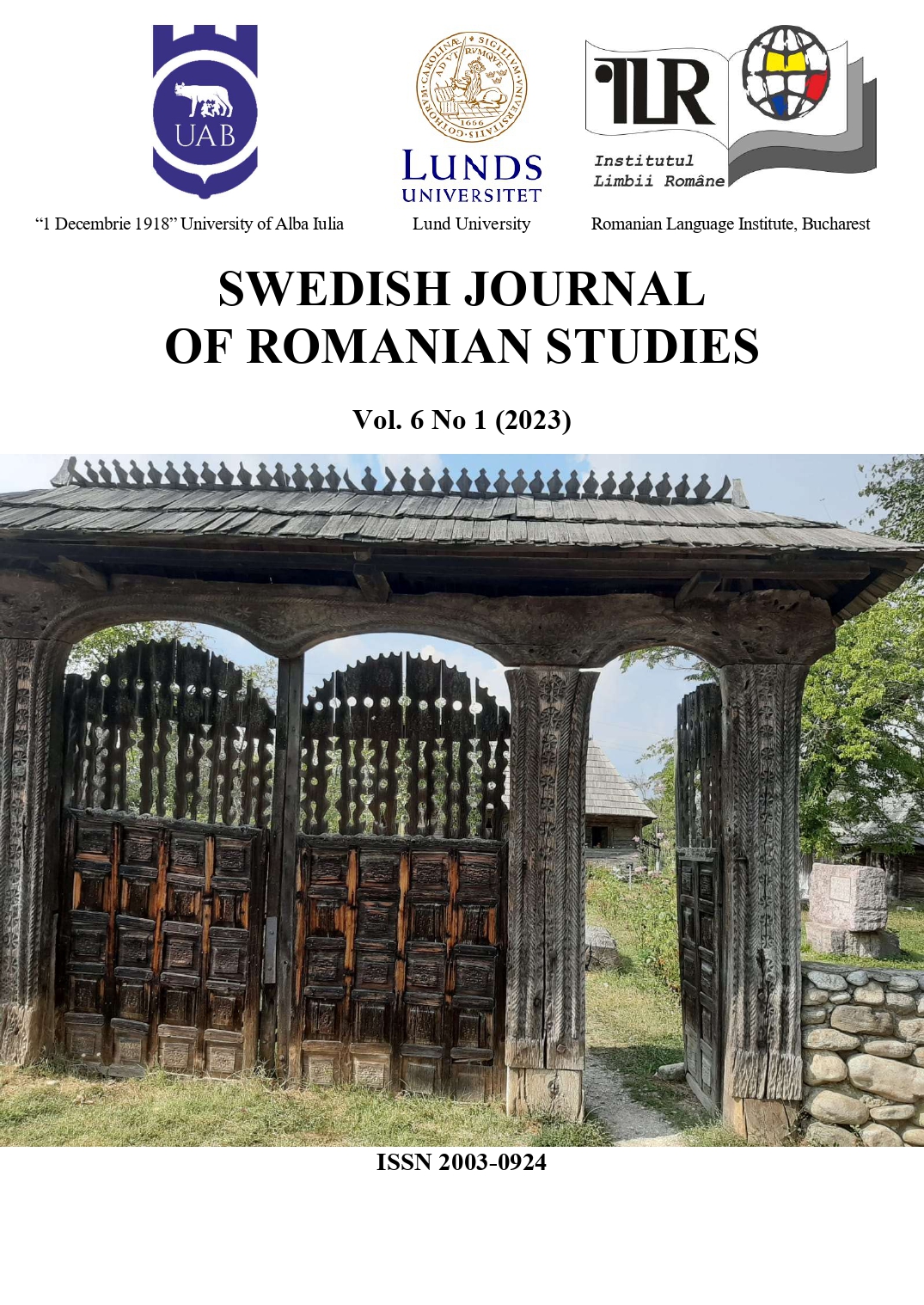
This study analyses the relationship between failure and success from two perspectives: creative psychology and sociology of creation. By starting from Angelo Mitchievici’s recent book, “Farmecul vieților distruse. Câteva reflecții despre ratare” [The Charm of Failed Lives] (2022), which explores one of the favorite themes of decadent literature and art (failure), I aim to highlight the most relevant existential postures in a writer’s life: the anti-bourgeois aristocratic posture (the dandy) and the proletarian-democratic posture (the bohemian). It is not by chance that Mitchievici dwells on the works the Romanian-French writer Emil Cioran, who tried to build an image of a secluded writer, close to anonymity, avoiding to cultivate both the bohemian and the dandy style, by adopting a lifestyle shaped by the cult of work and discipline, in the spirit of the Protestant ethics theorized by Max Weber. Mitchievici explains very convincingly how, once he emigrated to Paris, Cioran completely abandoned the Romanian language, in which he was convinced he was failing as a writer, in order to devote himself exclusively to writing in French, with the idea of conquering global glory. In addition to Cioran, the authors in focus are Francis Scott Fitzgerald, Shakespeare, Voltaire, Flaubert, Dino Buzzatti, Mihail Sadoveanu, Mircea Cărtărescu, etc., which provides the critic with the opportunity to reconnect with his former books (e.g. “Decadență și decadentism în contextul modernității românești și europene”, 2011) and to show a refined and mature essayist’s vein.
More...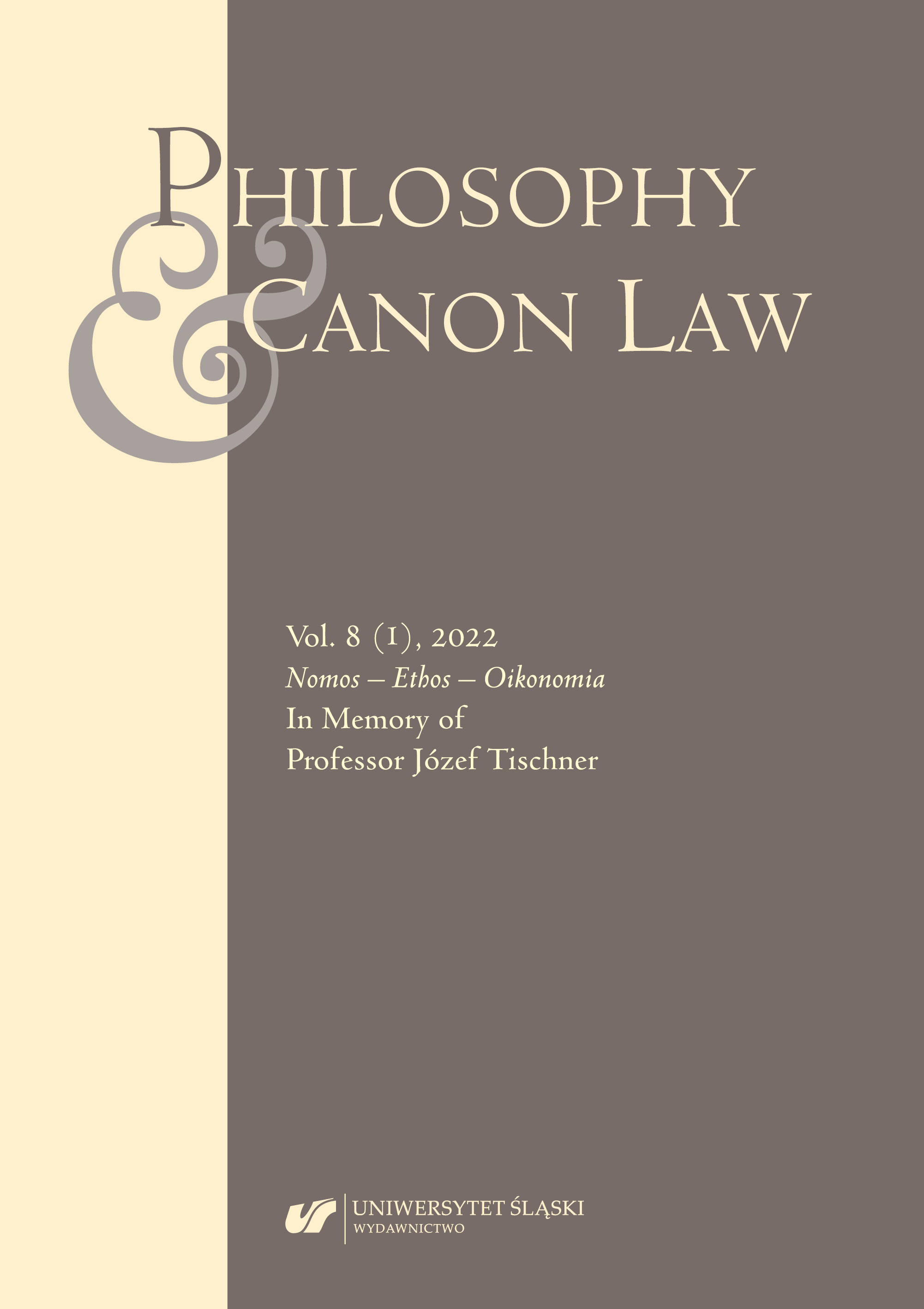
In this paper, the concept of solidarity will be introduced as voluntary cohesion, mutual help and support not only within a loose group, but, above all, within the whole human race. Tischner wants to help contemporary man because he is aware that contemporary man has entered a period of profound crisis of his hope. The reflection on solidarity and hope in the philosophy of Tischner represents a neuralgic point which has its justification in Christian thought. Hope is the prospect of something better which, together with mutual support, removes both fear and isolation, and brings about the development of both the individual and the community. The deepest solidarity is solidarity of conscience. The community of solidarity differs from many other communities precisely because it is “for him” that is fundamental. It is only on this foundation that the community of “we” grows.
More...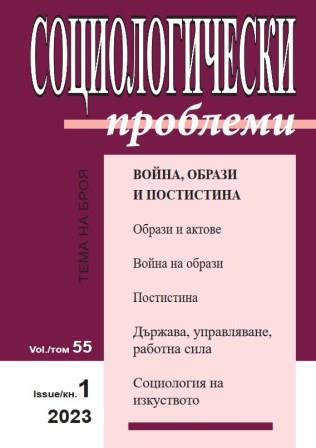
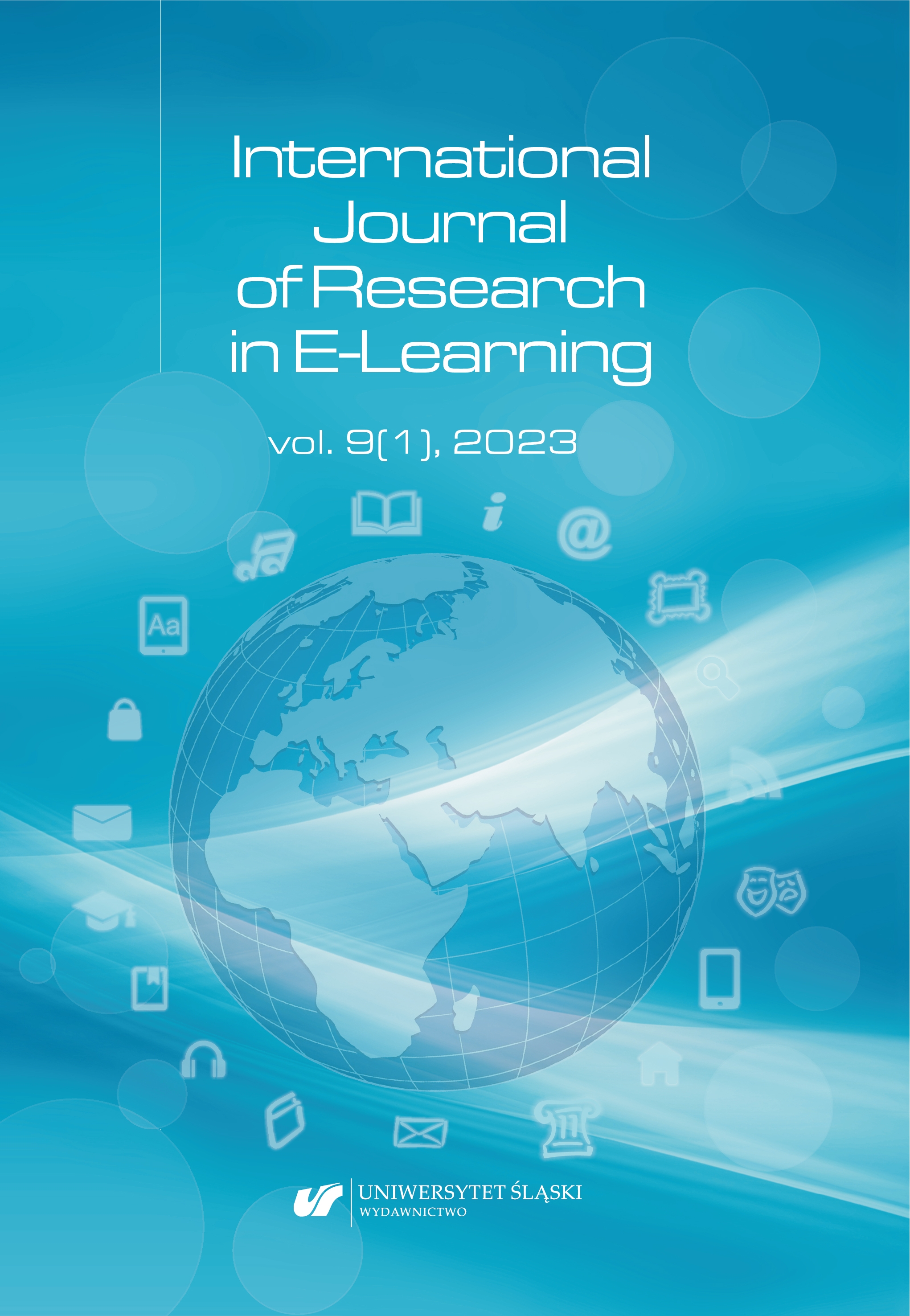
Universities can offer their master’s students who want to improve their language skills different learning environments. They can range from traditional classes to online programmes equivalent to an on-campus experience or reaching beyond it. Learning technical English through a curriculum that is inspiring and stimulating due to authentic materials used in a gamified setting can result in positive learning outcomes and increased satisfaction levels among lecturers and students. The former can find new challenges helping prevent burnout, the latter have the chance to develop hard and soft skills, including analytical, reflective and critical thinking, through context-specific language. Interactions structured around online activities which involve searching for information in authentic resources and completing activities that allow for progress to the next level can effectively prepare students for challenges they will encounter in their professional life. They can also capture imagination and unlock the creative potential of the educators involved in their development and of participants bored with school routine and textbooks. Thus, a gamified language course for specific purposes can become a highly motivating environment, in which young people develop their creativity, language proficiency and knowledge of technological advances not only in the fields of their interest; they are also exposed to new learning practices due to the application of game-design elements. The ideas presented above will be supported by students’ opinions and attitudes expressed during a pilot Moodle course in a gamified format conducted at Gdansk University of Technology in the summer semester of 2021/2022.
More...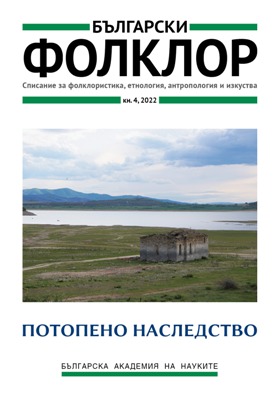
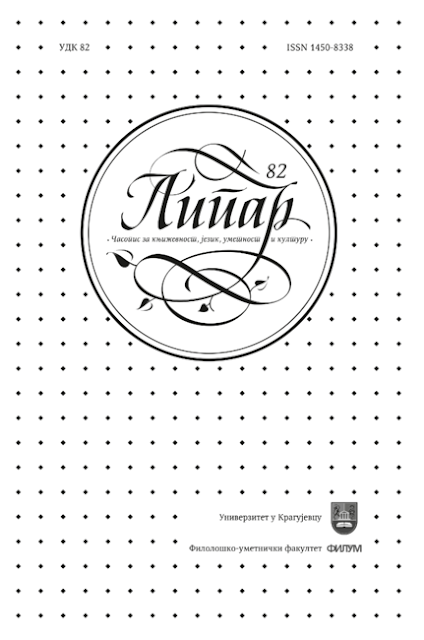
The paper presents types of legitimization in the self-presentation of International Crisis Group (ICG), a non-governmental organization which is globally referred to as the leading source of information, analysis and high-level advocacy in the field of conflict. Given the privileged access to the world policy makers and the powerful social status of the ICG founders and the Board of Trustees’ members, as well as the ICG’s presence on the ground in the countries where conflicts occur, the paper posits that the legitimacy of the ICG’s persuasive power is grounded on authority and information as social resources. The quantitative and qualitative analysis of two self-promotional ICG brochures points to the equal contribution of both social resources in providing legitimacy for the organisation’s existence and work. Namely, it is found that legitimization by reference to personal authority, as well as commendation legitimization, are enacted not only through personal authority vested in ICG’s members on the grounds of their individual, respective (former) roles in governments, in the media, business, and in financial institutions, but through the personal authority vested in the individuals (re)commending the work and stature of ICG (high officials of the parties in conflict, as well as world’s top governments officials), whose affiliations are always stated in the analyzed corpus. Their authority gets implicitly transposed to the organization itself. The role of mythopoesis, as the type of legitimization enacted through storytelling, is to portray the organization as the hero and the voice of the world’s vulnerable. The combination of rationalization and moral evaluation provide legitimacy for the “field-centred research” and “allegiance to the facts on the ground” as components of ICG’s “methodology” in obtaining and producing information thus implicitly legitimizing the truth about a conflict that the ICG analysts may establish.
More...